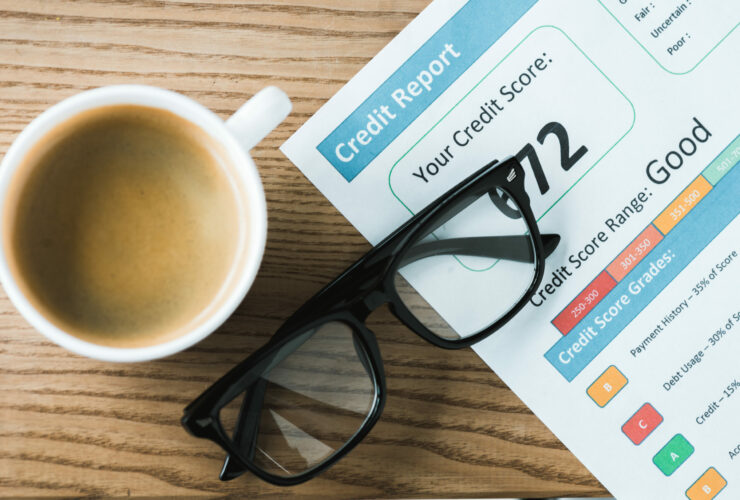Fixed-rate or variable rate home loan in 2022?
The RBA has just lifted the cash rate again this June following the recent hike in May. The target cash rate today is.85%. The official cash rate is at 75 basis points up from the rate the country enjoyed since late 2020. Banks have followed suit and passed the increase to their consumers. The raise in both variable and fixed-rate home loans always follow after a rate lift. The 4 biggest banks in the country have recently updated the rates they charge to customers on their variable rate loans.
Now the question is, what would you do and what is better for you? A fixed-rate home loan or a variable rate home loan? This is an age-old problem and here is the answer.
Should you switch to a fixed rate?
What is a fixed-rate loan?
When you get a fixed-rate home loan, you will be paying a fixed interest rate on the amount you borrowed for a set period of time. This can last between 1 year to 5 years. When this period ends, you will revert to a variable rate.
A fixed-rate is beneficial to those who have a strict budget. Since you pay a fixed amount, there will be no surprising rises. Even if the rates rise, your rate won’t change. The downside is that if the rate drops, your payments won’t change either. Break fees also apply if you decide to not see the loan through and change to a different one. Most times, fixed-rate packages don’t allow offset accounts and redraw facilities. Lastly, some lenders do not allow you to make extra repayments.
What is a variable rate loan?
With variable-rate loans, your monthly repayments are affected by the movement of the market and the economy. Most standard variable rate loans allow you to access a redraw facility and link an offset account. You can also make extra repayments. But the major drawback is that when the rates rise, so do your payments.
Which is better?
Generally, the answer to this will depend on your financial situation and the market condition. If you think that the rates will increase in the next months or so and fixed rates are attractive, you can opt for this. If you think that sometime soon, the rates will start falling after reaching a peak, then a variable rate loan is better.
Ultimately, you have to weigh which of these two suits your financial situation more. It all boils down to certainty and flexibility and what matters to you more. If you want the peace of mind of paying the same amount every month, then get a fixed-rate loan. Just be mindful of the revert rate of your package. Take note that revert rates, pr the rate you will get once the fixed term is over, is generally higher than what banks give to new customers.
On the other hand, variable-rate loans are known for the flexibility they offer. You can make extra payments to make your loan life shorter. You can even withdraw these extra repayments in case you need access to cash. But, the rates change.
What do experts say?

For those with existing variable-rate loans, it may be the perfect time to fix your loan. After all, the RBa has already cautioned that these consecutive rate hikes won’t be the last this year. However, never do it without consulting your broker.
Some experts weigh in on the issue and think that there may be more to these rates that you have to consider.
Fixed rates are appealing in times of uncertainty. It gives you peace of mind knowing exactly how much you will have to pay in the coming months.
However, fixed-rate loans are not very competitive right now. As economists have inferred, there could be a point in the near future where the rates for variable-rate home loans and fixed-rate home loans will be almost identical. If that will be the case, what is the point of switching? Not to mention that switching is not free.
Fixing is a big commitment. Remember that you also have to pay for insurance. Once you decide that it is no longer for you, it may cost you much bigger in exit or break fees.
Right now, what you can do, with a variable rate loan, is focus on building the funds in your offset account and making as many repayments as you can.
If you are just about to get into the property market, get some solid advice from a professional broker. After the pandemic muddied the waters for the property market with the crazy low rates, the inflation is now taking its turn. If you are confused about what your next step should be, a professional guide is what you need.
Although the final decision rests on your shoulder, brokers know the in and out of loans and can help you arrive at a sound decision.




